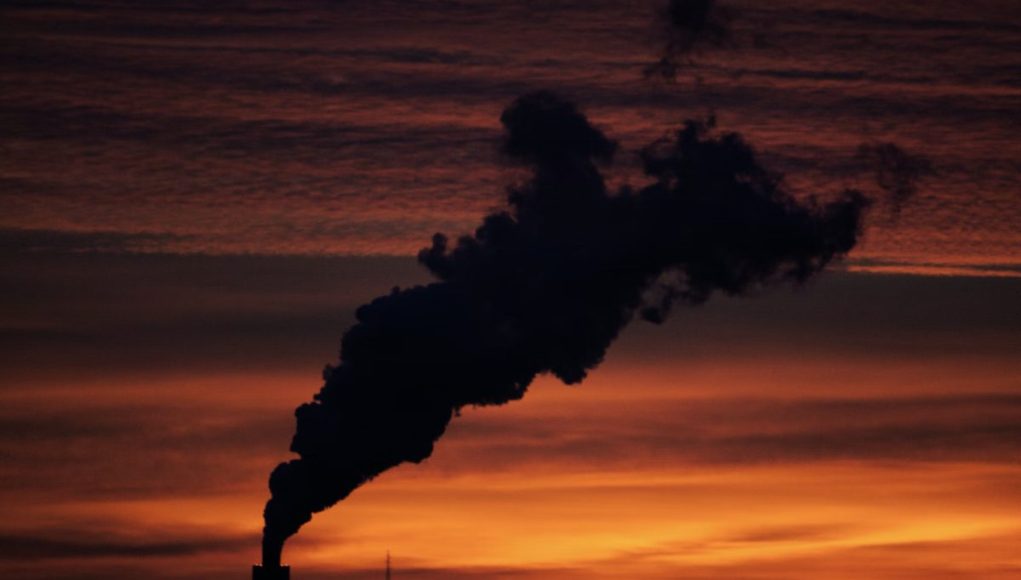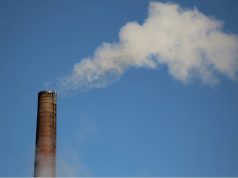INSIGHT by ClientEarth
The Court of Justice of the European Union (CJEU) today ruled that the Bulgarian government violated the law when it gave the biggest coal plant in the Balkans permission to pollute beyond EU legal limits.
Environmental lawyers say this ruling will have ripple effects in coal-heavy regions with high levels of air pollution.
At the end of 2018, the Bulgarian government granted the state-owned Maritsa East 2 coal plant a derogation so that the plant could burn more coal. The derogation gave the coal plant’s operators indefinite permission to emit almost double the amount of sulphur dioxide (SO2) allowed by EU law, to the detriment of the lives and wellbeing of people in the surrounding area.
In a case brought by Bulgarian environmental organisations Greenpeace Bulgaria and Za Zemiata, with support from ClientEarth, environmental lawyers asked the Bulgarian court to revisit the decision, given the plant’s outsized impact on the region’s air pollution.
The case was escalated all the way to the EU’s top court. Today, the court ruled that derogations to pollute above legal limits cannot be granted in areas that are already significantly polluted. The ruling said public authorities have a duty to consider the cumulative pollution that people are exposed to.
In the case of Maritsa East 2, air pollution blankets the nearby town of Galabovo, which charts the highest levels of SO2 pollution in the EU. Bulgaria has previously been found to have breached the bloc’s SO2 limits. Yet the current caretaker Government is rowing back on previous commitments on decarbonisation.
Meglena Antonova, Director of Greenpeace’s Bulgarian office, said: “Today’s ruling is a victory for public health. Bulgaria still has the highest levels of toxic sulphur dioxide pollution in the EU, which has real-world impacts – from strokes to respiratory diseases and even deaths. The ruling also protects Bulgarian taxpayers, who ultimately bear the burden of health care costs related to pollution.
“It’s clear that coal plant operators are breaching the laws – yet they continue to operate because they’re temporarily profitable due to the energy crisis.”
“It’s clear that coal plant operators are breaching the laws – yet they continue to operate because they’re temporarily profitable due to the energy crisis. The situation is untenable and Bulgarian coal plants will shut down eventually. That’s why the Government needs to seriously focus on a phase-out plan and job alternatives.”
Justine Schoenfeld-Quinn, legal expert at environmental law charity ClientEarth, said: “This is a watershed moment for people in coal-heavy regions and a signal that pollution from toxic fossil fuels won’t be tolerated anymore. This ruling prioritised the protection of public health, and in particular, the health of vulnerable populations, including children, those with pre-existing health conditions and the elderly.”
| about
ClientEarth is a non-profit organisation that uses the law to create systemic change that protects the Earth for – and with – its inhabitants. We are tackling climate change, protecting nature and stopping pollution, with partners and citizens around the globe. We hold industry and governments to account, and defend everyone’s right to a healthy world. From our offices in Europe, Asia and the USA we shape, implement and enforce the law, to build a future for our planet in which people and nature can thrive together.
Za Zemiata is an independent non-profit non-governmental organisation established in 1995 to work for environmental justice and sustainable and equitable life on our planet, without exploitation of people or nature.
Greenpeace is an independent global campaigning organisation that acts to change attitudes and behaviour, to protect and conserve the environment and to promote peace.
| All opinions expressed are those of the author and/or quoted sources. investESG.eu is an independent and neutral platform dedicated to generating debate around ESG investing topics.









